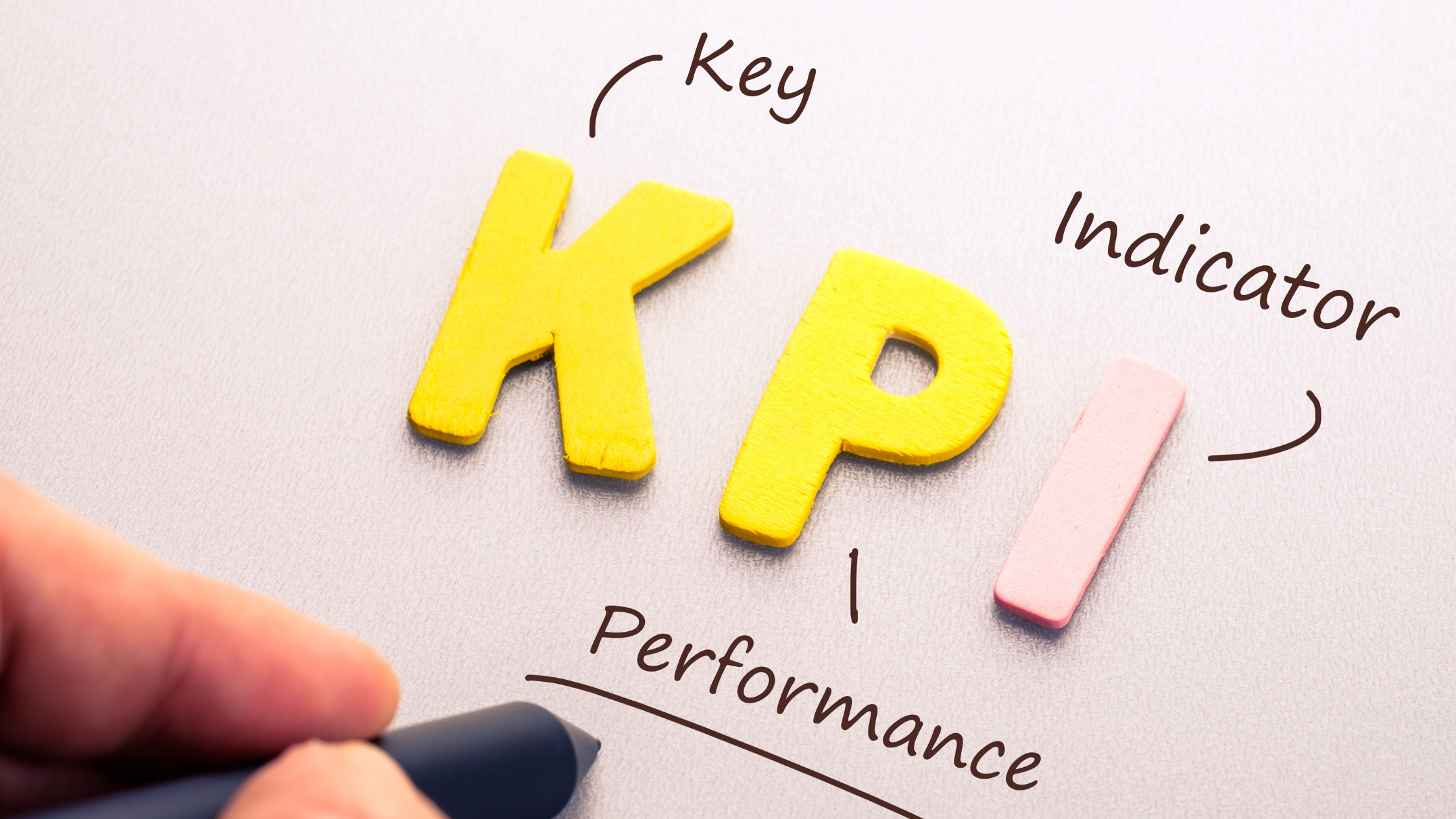What’s the Difference between a Data Governance Clinic and a Data Governance Mastermind?
/With over 20 years of experience in Data Governance, my focus has been on sharing knowledge through coaching, consulting, and delivering courses and workshops. Two of the most popular programmes I offer are the Live Online Data Governance Training and Clinic and the 1 Day Data Governance Mastermind.
Both these sessions are designed to help elevate your Data Governance capabilities, each catering to different needs and learning styles. I often receive questions about the differences between the clinic and the mastermind, as both involve collaborative learning. In today’s blog, I’ll be exploring the differences and sharing some tips on how to know which programme is right for you.
What is the Data Governance Clinic?
The Data Governance clinic is part of my Live Online Data Governance Training and Clinic. This programme is spread over two days - the first day is my Getting Started in Data Governance training course and the second day is the clinic. You can either sign up for both days or you can attend either just the training or just the clinic (if you understand the theory of Data Governance but are finding it challenging doing it in practice).
The Data Governance Clinic is a workshop format where you get the opportunity to ask questions to better understand Data Governance concepts or to work out how to make Data Governance work in your organisation.
The day is all about turning theory into practical actions and you will get the opportunity to ask detailed questions about implementing Data Governance in your organisation and receive advice on how to overcome the challenges you may be facing.
There are always lots of questions to be covered so all questions are collated and prioritised by the attendees so that we focus on the issues that matter most to them.
Key Features of the Clinic:
Workshop Format: This hands-on session allows you to discuss your specific Data Governance challenges and receive practical advice.
Interactive Learning: Collaborate with peers facing similar issues, share insights, and network.
Practical Application: Turn theory into actionable strategies with focused guidance on implementation within your organisation.
Expert Facilitation: Benefit from my 20+ years of experience in Data Governance, ensuring in-depth insights and personalised advice.
This structured approach allows participants to gain actionable insights and build skills crucial for effective Data Governance practices in their respective organisations.
What is the Mastermind?
In contrast, the 1 Day Data Governance Mastermind is all about collaborative learning, collective problem-solving, and peer support among data professionals.
Participants come together to share experiences, discuss challenges, and brainstorm solutions related to implementing and maintaining effective data governance practices within their organisations. My 1 Day Data Governance Mastermind is run once a quarter and attendees can come along to just one session or as many as they like.
Everyone at the Mastermind gets time in the hot seat where they get to share their current challenges or questions and everyone on the mastermind (including me) share advice and guidance to help resolve the problem or suggest a way forward.
Key Characteristics of the Mastermind:
Peer-to-Peer Learning: Members contribute diverse perspectives and insights from their experiences in Data Governance, fostering a rich exchange of ideas and strategies.
Accountability and Support: The mastermind provides a supportive environment where members hold each other accountable for implementing Data Governance best practices and achieving organisational goals.
Holistic Approach: Discussions encompass various aspects of Data Governance.
Long-term Growth: Masterminds focus on continuous improvement and adaptation to evolving Data Governance challenges, promoting ongoing professional development and skill enhancement.
Choosing Between the Clinic and the Mastermind for Data Governance
Data professionals aiming to implement or enhance Data Governance practices should consider their specific learning preferences and objectives:
Choose the training and clinic If…
You require structured instruction and guidance.
You are focusing on mastering specific aspects or techniques within Data Governance implementation.
You prefer a curriculum-driven approach to learning about Data Governance frameworks and practices.
Choose a Mastermind If…
You value peer support, collective problem-solving, and collaborative learning experiences.
You seek accountability and motivation from a group of peers to implement and sustain data governance initiatives.
You want to engage in discussions that encompass broader aspects of Data Governance strategy and implementation.
Both the clinic and the mastermind offer valuable opportunities for data professionals to deepen their understanding and implementation of Data Governance. By choosing the right forum, data professionals can effectively navigate the complexities of Data Governance, contribute to organisational success, and drive data-driven decision-making.
If you’re still not sure I've designed a short quiz that evaluates your current expertise, goals, and learning preferences to help determine the most beneficial path for you.


















